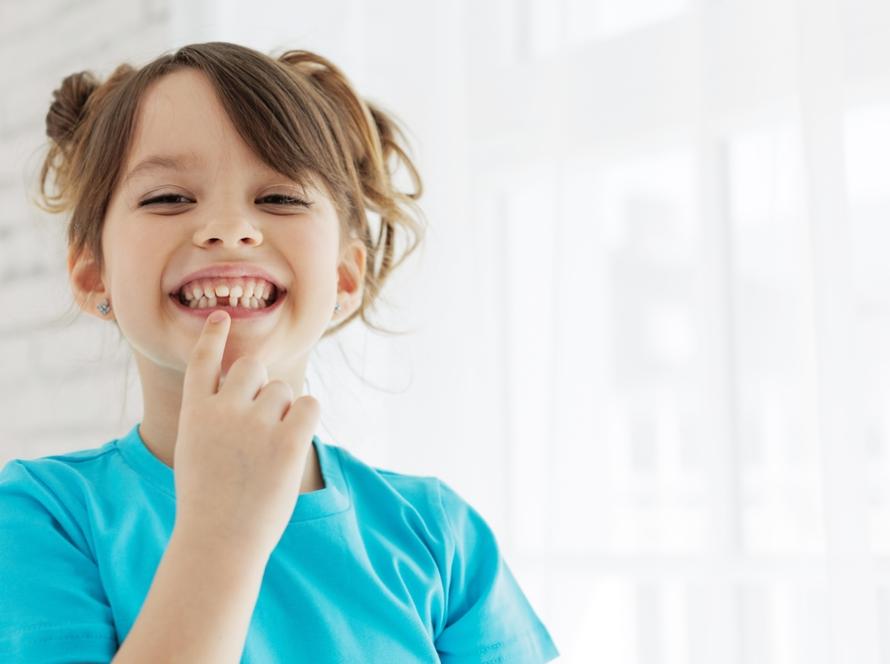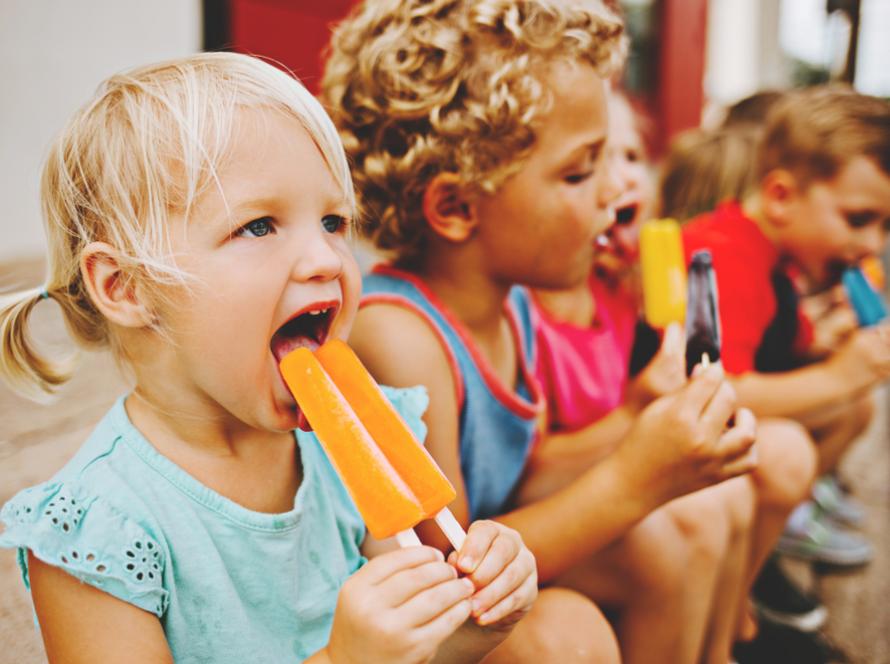Healthy teeth help in ensuring that the overall health of the child is maintained. With healthy teeth, children can eat and talk properly. When you teach your kids oral health habits, they are more likely to continue those habits throughout their lives. When it comes to kids oral hygiene, your child won’t know how to care for their teeth at first. They’ll learn what you teach them, so teaching kids oral health habits from an early age is essential.
When their oral care is poor, this can cause infection, tooth decay, as well as other oral health issues. There are various practices that you can do to make kids oral hygiene fun for them. For example, let them choose their own toothpaste and toothbrush. You could set a timer to ensure they brush their teeth for two minutes at least or plan activities after their dental checkups.
A Friendly Pair: Toothbrushes and Toothpaste
Fluoride is essential for the dental health of your child. This is why the kids oral care toothpaste you choose should have fluoride. Fluoride helps reduce cavities and is also known for hardening tooth enamel. Usually, children get fluoride through the water that they drink. Fluoride is commonly present in tap water.
At the same time, too much fluoride can be a problem. This can cause teeth to stain and affect kids oral health negatively. When your child goes for their dental checkup, they can get fluoride treatment done on their teeth.
Let your child choose their toothpaste, but ensure that the toothpaste has fluoride in it. Also, be careful to ensure that the child doesn’t accidentally swallow the fluoride toothpaste.
The kind of toothbrush you should get for your child will also depend on their age. This is what you should do for different age groups:
0-3 years: Kids oral care should begin as soon as the child gets their first tooth. By the time your child is one year old, use a toothbrush of the correct size. Their teeth should be brushed using water at least twice a day. You can also use toothpaste that doesn’t have fluoride in it.
3-5 years: Continue using a soft child-sized toothbrush. For proper kids oral health practices, this is the time to start teaching them how to care for their teeth. If you’re sure your child won’t swallow the toothpaste, you can get them toothpaste with fluoride. Otherwise, opt for fluoride-free toothpaste. Use only a tiny amount of toothpaste to clean the teeth. Your child should clean their teeth at least twice a day.
6-9 years: By now, you can introduce fluoride toothpaste to your child’s oral care routine. This is also the time when it’s common for kids to get cavities. So, kids oral hygiene is crucial during this time. Teach the child to use a pea-sized amount of toothpaste to clean their teeth. Their toothbrush should have soft bristles, but they can be larger in size.
Ten years and older: When your child reaches ten years of age, they can start using larger toothbrushes. The soft bristled brushes aren’t so necessary for them anymore. They should be taught to brush their teeth for at least two minutes at a time. They should also brush their teeth twice daily.
Ensure that you’re buying your child a new toothbrush every three to six months.
Flossing for Children
Caring for kids teeth involves teaching them goods kids oral care habits. You should ensure that your child brushes their teeth twice daily and also that they floss their teeth every time after brushing their teeth. For your kids, consider purchasing floss that has a handle attached to either side to make it easier to use.
Food can get stuck between teeth. They can get stuck in areas that can’t be cleaned with a toothbrush. This is why flossing is essential. As soon as two of your child’s teeth start touching, it’s time to teach them how to floss their teeth. To floss their teeth, they should gently guide the floss between each of their teeth. The floss should be curved around the tooth to reach the gum line.
Swish Swish and Rinse! Mouthwash
You should only add mouthwash to the kids oral hygiene routine once they are at least six years of age. This is because young children may not know how to spit out the mouthwash properly and may end up swallowing it.
If your child is still swallowing toothpaste, don’t introduce them to mouthwash just yet. A child who is eight and older may have the motor control necessary to spit out the mouthwash after swishing it around their mouth. Choose a fluoride mouthwash for them if they aren’t using fluoride toothpaste. Note that too much fluoride can also negatively affect your kid’s teeth. When you’re caring for kids teeth, balance out how much fluoride their teeth get exposed to.
For older children, mouthwash can help eliminate bad breath, prevent cavities, strengthen teeth, and more.
Caring for kids teeth starts at an early age. Teach your child their kids oral health care routine early in life to ensure they maintain good hygiene practices throughout their life. Ensure they get regular dental checkups as well. Good kids oral care routines start with using a toothbrush and toothpaste to brush their teeth. Then, they should floss their teeth. Finally, they should swish around mouthwash in their mouth before spitting it out. For more information on dental hygiene and products for your little one, contact Woodlawn Kids Dental today!


